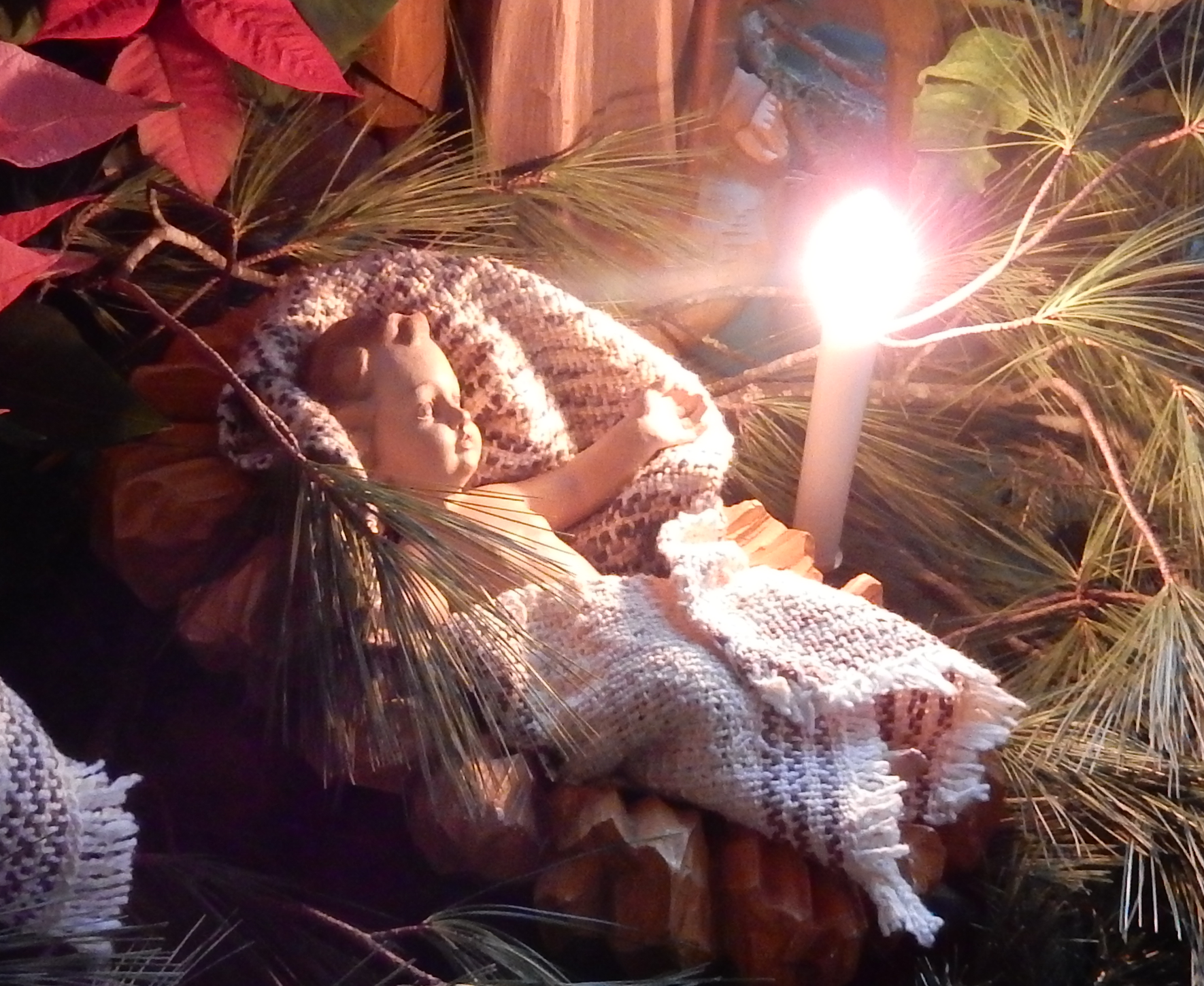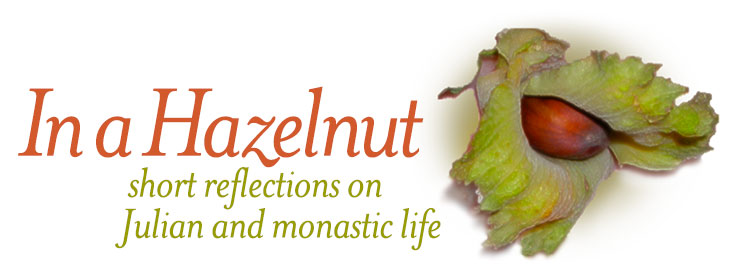The best of the best of the best...
For the end of the year, each of us is offering our “best” read book of 2019.
This seemed like an easy task at first...but what really is “best”? Nowadays, “best” in many contexts means no more than “most popular,” or even what has been made to appear most popular. Then there is the question of where taste and value lie. “Best” might mean what one person thought best according to their predilection, or what another judged best according to an abstract standard. Then one gets into varieties of “best”—“level best,” “second best.” “The best we can do.”
The French Carmelite St Elizabeth of the Trinity famously said her favorite book (livre) was “the soul of Christ, because it delivered” (se livre) to her “all the Father’s secrets.” Our aim is a little less cosmic and witty; these offerings are only “favorite,” or “best,” in the context of this past year and of the many books we each read.
Palm-of-the-Hand Stories
Kawabata Yasunari
Kawabata was a twentieth century Japanese writer and 1968 Nobel Prize winner. Some of these extremely short stories are only a paragraph long. But with luminous clarity and wise, quiet reserve, Kawabata opens up Reality, human and otherwise, in all its beauty, folly, fragility, baseness, endurance, perfection, and ephemerality.
When We Were Very Young
AA Milne
These poems for children hold both memories and new appreciation for grown-up children: being read to, reading to, and then just reading for pleasure and admiration (aided by Ernest Shepherd’s drawings). “James James...” “King John was not a good man,” etc produce delight over and over.
It Keeps Me Seeking: The Invitation from Science, Philosophy, & Religion
Andrew Briggs, Hans Halvorson, & Andrew Steane
Published by OUP, this is a beautiful book in every sense: tactile, visual, intellectual, editorial...Not apologetics, but “how science both enriches and is enriched by Christian faith.” Keen science accompanied by art, humanity, “a high bar on what constitutes good argument,” and inquiry that does not insist on providing certainty.
The Second Mountain: The Quest for a Moral Life
David Brooks
Two major periods in one’s life: first, the realization of aspirations and hopes—school, job, family, etc. Then—the “second mountain”— a nagging sense of unfulfillment and the transformation begins: a deepening of a moral sense, concern with profounder matters than money and social standing. An insightful paradigm of human life.
Morals and the Meaning of Jesus: Reflections on the Hard Sayings
Nicholas Peter Harvey
"The will of God has to do with the calling and nurturing into full, vibrant life of people used to being at most half-alive, so that any awakening is liable to be drastic and the call for it shockingly at odds with what normally passes for morality." (p.31)
Honorable Mentions:
The Shattering of Loneliness Erik Varden
A Tour of Bones Denise Inge
Spiritual Letters Wendy Beckett

Recent Issues
January 2025
September 2024
May 2024
March 2024
February 2024
January 2024
December 2023
November 2023
October 2023
July 2023
May 2023
January 2023
December 2022
October 2022
September 2022
July 2022
May 2022
April 2022
March 2022
January 2022
December 2021
November 2021
October 2021
June 2021
May 2021
April 2021
February 2021
January 2021
December 2020
October 2020
September 2020
August 2020
July 2020
June 2020
May 2020
April 2020
March 2020
February 2020
January 2020
December 2019
November 2019
October 2019
September 2019
August 2019
July 2019
May 2019
April 2019
March 2019
January 2019
December 2018
November 2018
October 2018
September 2018
August 2018
July 2018
June 2018
May 2018
April 2018
March 2018
February 2018
January 2018
December 2017
November 2017
October 2017
September 2017
June 2017
May 2017
April 2017
March 2017
February 2017
January 2017
December 2016
November 2016
October 2016
September 2016
August 2016
July 2016
June 2016
May 2016
April 2016
March 2016
February 2016
January 2016
December 2015
November 2015
October 2015
September 2015
August 2015
July 2015
June 2015
May 2015

